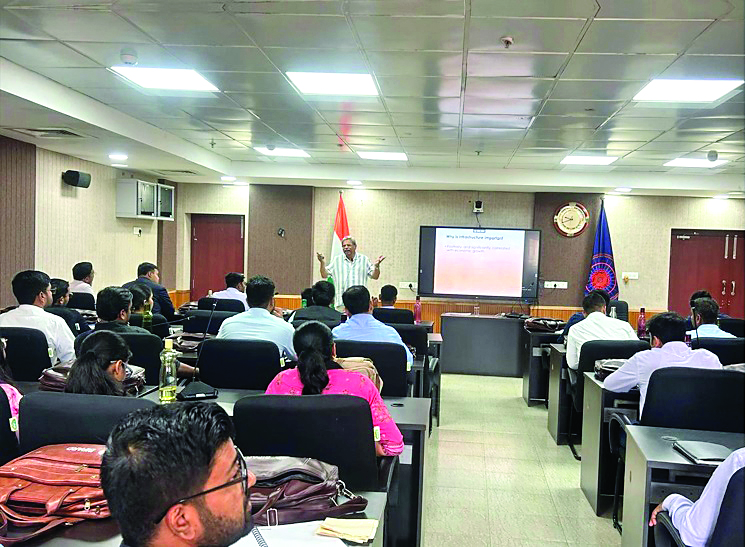The Indian School of Public Policy (ISPP) has signed an MoU with the Bihar Institute of Public Administration and Rural Development (BIPARD). This collaboration aims to empower trainee officers across various government departments, shaping them into the leaders Bihar needs for a thriving future.
This transformative program offers a unique blend of online and in-person learning experiences. First, trainees will complete a 21-hour online course developed by ISPP, which establishes a strong foundation in public policy fundamentals. Following this, trainees will embark on a hands-on training journey at BIPARD, Gaya, delving deeper into public policy, infrastructure, public-private partnerships, urbanization, agriculture, rural development, and climate readiness.
Speaking about the collaboration, Ram Kamesh, Assistant Dean of Executive Education and Outreach at ISPP, said, “We are honored to partner in this vital initiative. By equipping these future leaders with the necessary skills and knowledge, we are investing in Bihar’s potential for sustainable and inclusive growth.”
This collaboration underscores ISPP’s unwavering commitment to excellence in government training and its dedication to building state capacity. The program caters to a diverse range of government officials, including Municipal Executive Officers, Labour Enforcement Officers, Rural Development Officers, and District Public Relations Officers. The first edition of training was given to nearly 800 trainee officials. This comprehensive approach ensures that various departments benefit from the leadership development program.























